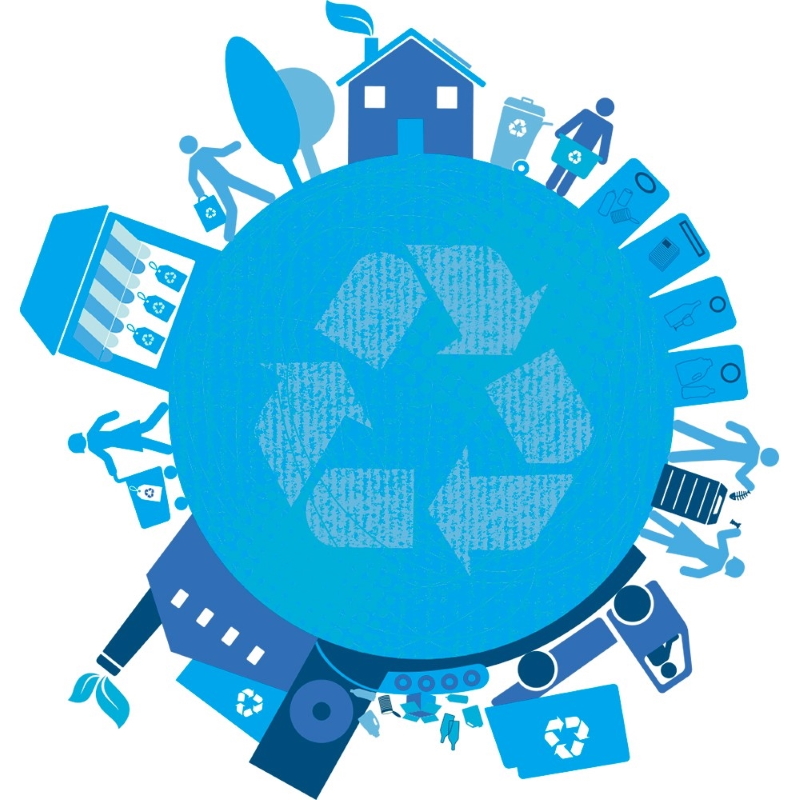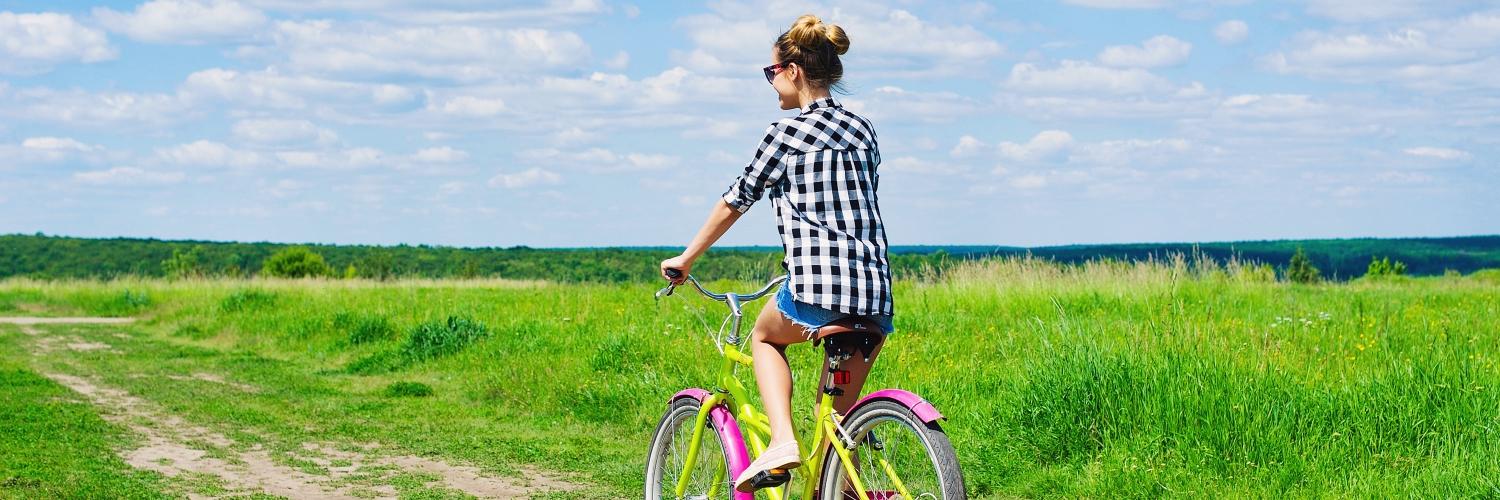26 January 2017
MEPs positive about European plans
European Parliament votes on Circular Economy Package
The European Union is working on plans to stimulate the circular economy and the European Parliament will debate the Commission's Circular Economy Package early in 2017. 'The proposals are ambitious but realistic,' seems to be the opinion in Brussels.
The European Commission wants Europe to make the transition to a circular economy, one in which waste no longer exists and there is a thriving market for secondary raw materials, and launched its new
Circular Economy Package in December 2015. The package consists of two parts: an action plan for the circular economy and a revised legislative proposal for more ambitious waste management and recycling targets. Among other things, it raises the target for recycling municipal waste from 50% in 2020 to 65% in 2030 and the target for recycling packaging waste to 75% in 2030, and revises the Landfill Directive by introducing a binding ceiling for landfilling waste of 10%, also to be met by 2030. The package contains proposals which have to be negotiated by the European institutions, in particular the Commission, the EU member states as represented by the Environment Council, and the European Parliament. The ball is now in the Parliament's court.

The EU package should stimulate the transition to a circular economy in Europe
Balanced and inclusive
The members of the European Parliament are generally positive about the Commission's waste management and recycling plans. 'I think the package is balanced and inclusive, partly because it is no longer just restricted to waste management, but encompasses the wider concept of the circular economy,' says
Pavel Telicka, a Czech MEP and member of the liberal ALDE Group. He is a substitute member of the Industry Committee (
ITRE), which has already decided its position. All eyes are now on the Environment Committee (
ENVI), which might vote in February on the proposed amendments to the package. Telicka: 'It is not clear how the Environment Committee will respond, but in the Industry Committee there was enough support for the ambitious targets proposed in the package. The package also sets out a realistic approach.' The Czech MEP hopes that the financial and fiscal incentives in the package are adopted. 'The Commission has proposed various financial measures for each of the directives. We must now wait and see how the Environment Committee responds to these, but they are urgently needed to enable quick progress towards achieving the targets.'
Pavel Telicka (ALDE Group, European Parliament):
"The Commission will have to show political courage and keep a close eye on the situation in each member state."
Further steps
His Dutch colleague Annie Schreijer-Pierik of the centre-right EPP Group is also positive about the package, but at the same time points out that the proposals are 'hugely ambitious' because the countries in Central and Eastern Europe still landfill most of their waste. Nevertheless, she believes the targets, which will certainly be met by the Netherlands, present no obstacle to taking further steps. 'This package opens up numerous opportunities throughout the EU for the Dutch technology sector and waste management industry.' She also thinks the Environment Committee will want to tighten up a number of the targets even further, such as raising the recycling target for municipal waste to 70%. Schreijer-Pierik sees further potential for linking the circular economy proposals to other EU legislation, such as the REACH Directive on chemicals.

Amendments
The response from the centre-left S&D Group is also generally positive. The German MEP Jo Leinen says that almost all stakeholders view the Circular Economy Package as an opportunity to take the environment and the economy to a new level, although he would like to see a number of improvements. 'We have proposed some amendments to set higher recycling targets in the waste directives, better approaching commercial and industrial waste, and shift the emphasis more towards waste prevention.' He is less enthusiastic about the action plan for the circular economy. 'Many initiatives in the Commission's action plan are already behind schedule. We must ensure that the circular economy does not become an empty promise.'
Annie Schreijer-Pierik (EPP Group, European Parliament):
"This package opens up numerous opportunities throughout the EU for the Dutch technology sector and waste management industry."
Implementation of the package
How will the process be taken forward? While the European Parliament deliberates on amendments to the package, the member states are preparing their own national positions. Once the European Parliament has come to a decision, the Environment Council will consider the proposals. Should these positions prove to be within touching distance of each other, an agreement on the revised directives can be expected before the end of this year, when the member states can start to implement them.
The three MEPs agree on the need to follow through on the proposals contained in the Circular Economy Package. Annie Schreijer-Pierik hopes that the Ecodesign Directive is subject to a rigorous evaluation. 'This will ensure that wastes will be better integrated into production processes for things like building materials, biobased chemicals, textiles and fabrics, and that energy-efficiency can be gradually incorporated into all the relevant product design standards.'
Implementation problems
Her colleague Pavel Telicka anticipates problems with implementation in many member states. 'Their capabilities to achieve the targets differ widely. There are also concerns about the importance that will be attached to the targets, particularly in the southern member states. The Commission will have to show political courage and keep a close eye on the situation in each member state. It's going to be a tough call.'
Jo Leinen also acknowledges that the member states are starting from different positions, which is why he looks to sharing best practices as a way for the lagging countries to make up ground. Another of the German politician's priorities is the harmonisation not only of waste management and treatment methods, but also of waste definitions. 'This must be actively supported by the Commission.'
Jo Leinen (S&D Group, European Parliament):
"We must ensure that the circular economy does not just become an empty promise."
Recycling of bottom ash sets an example
One of the points in the package of policy measures for the circular economy is the definition of bottom ash from waste-to-energy plants. Frontrunners such as the Netherlands can already recover several mineral raw materials from this ash for use in the manufacture of products such as brick pavers and paving slabs. MEP Pavel Telicka is fully informed of the definitions issue, which stems from the fact that under the current directives the recovery and use of mineral raw materials cannot be classified as 'recycling'. This is because the EU legislation only recognises metals as secondary raw materials recovered from bottom ash. Telicka has therefore put forward an amendment that broadens the definition. 'The amendment will be accepted,' he predicts. His colleagues Leinen and Schreijer-Pierik are both in favour of reusing bottom ash. Leinen: 'This is an example of industrial symbiosis which deserves to be followed.'



